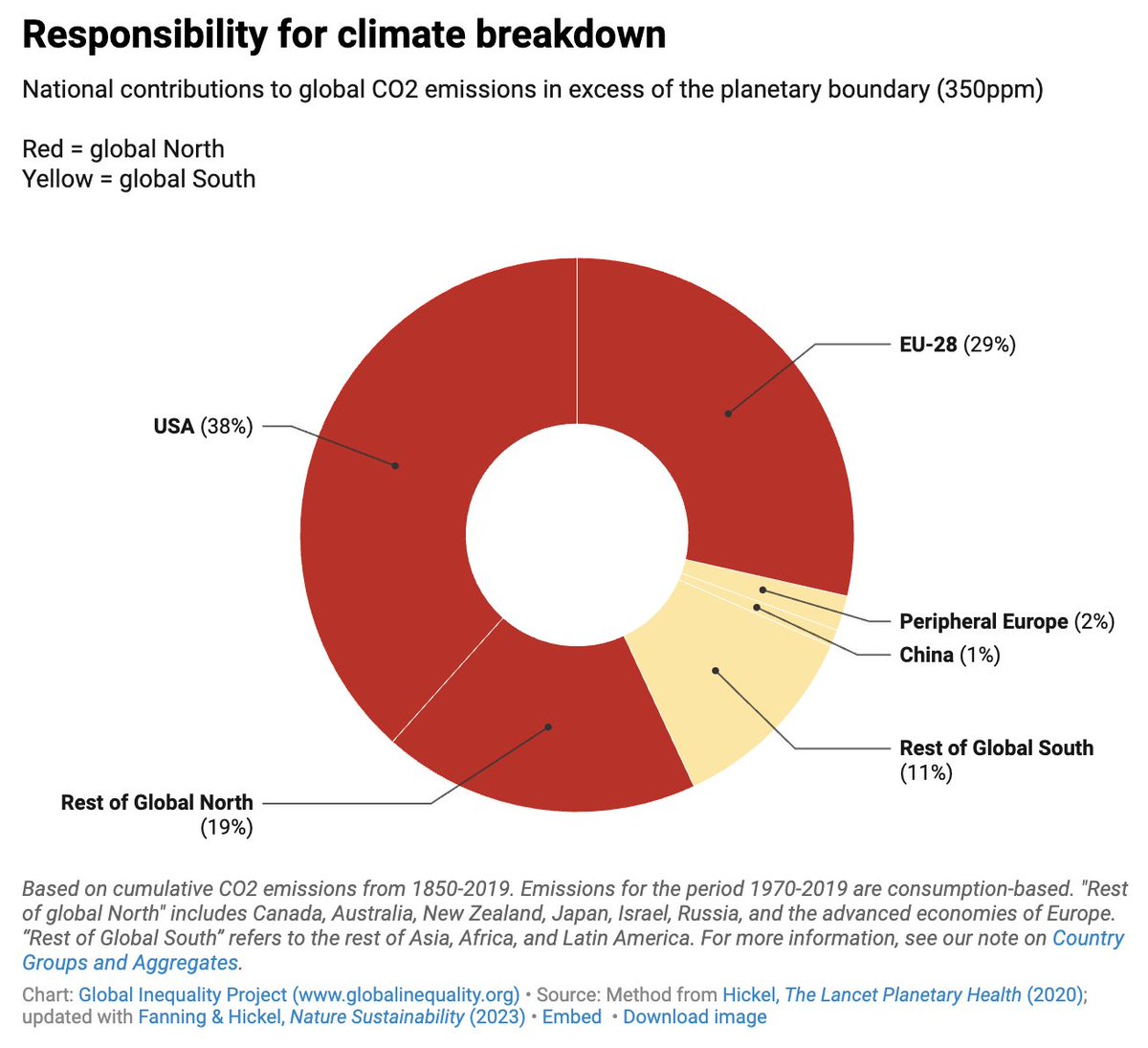Rojava's YPG have been the bravest and most effective ground-troops in the battle against ISIS. Now the US withdrawal from Syria leaves them fully exposed to Erdogan's aggression in what will likely become a bloodbath. It is a horrifying betrayal.
For decades the US has invaded other countries under the guise of promoting "democracy". It has always been a lie. Now, when actual democracy is at stake - a radical experiment in eco-feminist direct democracy - the US is throwing it under the bus. #StopTurkeyDefendRojava
It's not just that the US is leaving #Rojava to its fate, as if washing its hands of the matter. Let's not forget that Erdogan's invasion of Rojava will be by a US ally and NATO member, and will only be possible with US consent.
• • •
Missing some Tweet in this thread? You can try to
force a refresh









